President and Owner, Chikmedia

Meghan Rothschild today (above) and as a 40 Under Forty winner in 2011.

Meghan Rothschild started speaking in public when she was just 20 years old.
She had become a survivor of melanoma, a common and deadly form of skin cancer, and she began speaking out about her diagnosis as an advocate for sun safety and cancer prevention, turning a negative into a positive.
Over the ensuing two decades or so, she would become a natural behind the microphone, addressing subjects ranging from skin cancer to social media to leadership skills and how to build them. She would also become a sought-after presenter and media host, including red-carpet coverage on behalf of Explore Western Mass. (the Greater Springfield Convention & Visitors Bureau) for Basketball Hall of Fame enshrinement, as a panelist for the RISE Women’s Leadership Conference, and regular media-outlet contributions including The Rhode Show, Mass Appeal on WWLP, iHeart Radio, and more.
It wasn’t until recently, though, that she delivered what she called her first ‘keynote address.’ It came at the Pioneer Valley Women’s Conference staged last month at the Marriott in downtown Springfield. The conference’s theme was Unleashed, and the unofficial title of her address was “Living Authentically Unleashed.”
“These were my tips for how to live an authentically unleashed life,” she told BusinessWest. “Being authentic, unleashing your emotions, unleashing your power, bringing empathy back into the workplace and acknowledging that people are human beings and not machine — things like that.”
When asked if she lived her own life authentically unleashed, she said, “I would certainly say that, yes. It means being free of of concern over how others view you, finding your true authentic mission and purpose, not being afraid to speak your mind, using your voice to set boundaries, knowing your own self-worth, all of those things,” she added.
Building an impressive portfolio of public speaking engagements and living her own life authentically unleashed — in all those ways she described — are just two of the many ways Rothschild has grown and evolved, personally and professionally, since she became a 40 Under Forty honoree in 2011 while serving as Development and Marketing manager for the Food Bank of Western Massachusetts.
The most obvious is the creation and continued growth of the marketing and public-relations business she founded called Chikmedia, a full-service, boutique firm that provides clients nationwide with graphic design, social-media management, public relations, expert positioning, event management, and more.
But there is more to this story, including involvement within the community that takes many forms, from a Girls & Racism town hall created in collaboration with Girls Inc. to a Campaign for Healthy Kids PSA designed to help raise funds for the children and families that rely on Square One and were severely impacted by COVID, to her creation of the Chik of the Future Scholarship, designated for a young woman of color pursuing a degree in a marketing-related field.
The sum of these accomplishments has made Rothschild a repeat finalist for the Alumni Achievement Award. In fact, this is the fourth time that panels of judges have made her one of the top scorers.
It’s easy to see why, starting with her success in business.
She told BusinessWest that, while she considers herself an entrepreneur at heart, she never anticipated growing an agency to where it would have several team members and more than 40 clients at any given point.
“I started this to really take a calmer approach to my career, and it’s been the exact opposite,” she said. “Entrepreneurship is not for the faint of heart, but the business has just blossomed.”
Indeed, it now boasts clients ranging from TIZO, a national skin-care line, to local businesses and nonprofits ranging from the Log Cabin to Girls Inc. to the recently opened event venue 52 Sumner.
But she is perhaps more proud of the work that she and the agency are doing in the community. She is involved with the Advertising Club of Western Massachusetts as a board member, for example; runs in several 5Ks, like the one staged recently to support Dakin Humane Society; and brings added value to the many nonprofits within the client portfolio as another way to give back.
“I do influencer marketing myself, so on social media, I’m constantly talking up my clients and sharing their events and throwing myself in the hat as a marketing tool for them — because I find that’s sort of a seamless way for me to give back,” she said.
And then, there are initiatives like the Chik of the Future Scholarship, which has grown in scope and monetary value over its five-year history thanks to the support of several local businesses, as well as the She Votes campaign spearheaded by the team at Chikmedia in collaboration with Girls Inc. The goal of the campaign was to pre-register as many teen girls to vote as possible and to raise $21,000 for the She Votes curriculum. Voting pre-registrations were outstanding, Rothschild said, and the fundraising campaign concluded 3% above goal.
“I started this to really take a calmer approach to my career, and it’s been the exact opposite. Entrepreneurship is not for the faint of heart, but the business has just blossomed.”
Maybe the best indication of how far she has come, and how her impact has grown, is her increasingly crowded schedule, filled with various speaking engagements that reflect her many areas of expertise.
Last year, for example, she was in Dallas to appear at a major beauty conference to share her personal experience with skin cancer and talk about TIZO. She also addressed the Bradley Chamber of Commerce this month and hosts a series of workshops for Head Start programs across New England.
Overall, she’s speaking four to six times a month on average, with the subject matter ranging from skin-cancer prevention to entreprenership; from social-media training to talks that would be considered motivational in nature.
She said it’s taken her the better part of a decade to “get into a really good groove,” as she called it, developing a style that makes heavy use of humor and that engages the audience in whatever it is she’s talking about.
“When the topic is something outside my comfort zone, like a motivational speech, that fuels me,” she said. “It makes me take a moment and really think about what I’m going to say. I can stand up and talk about social media for six hours and not even bat an eye, but motivational-style speaking is completely different.”
There are many things that fuel Rothschild today, everything from working with her team to grow Chikmedia to providing scholarships to girls of color looking to enter the marketing field, to … well, living life unleashed.
All that explains why she is an Alumni Achievement Award finalist. Again.
—George O’Brien






 In 2015, BusinessWest introduced a new award, an extension of its 40 Under Forty program. It’s called the Alumni Achievement Award (AAA), and as that name suggests, it recognizes previous 40 Under Forty honorees who continue to build on their résumés of outstanding achievement in their chosen field and in service to the community.
In 2015, BusinessWest introduced a new award, an extension of its 40 Under Forty program. It’s called the Alumni Achievement Award (AAA), and as that name suggests, it recognizes previous 40 Under Forty honorees who continue to build on their résumés of outstanding achievement in their chosen field and in service to the community.










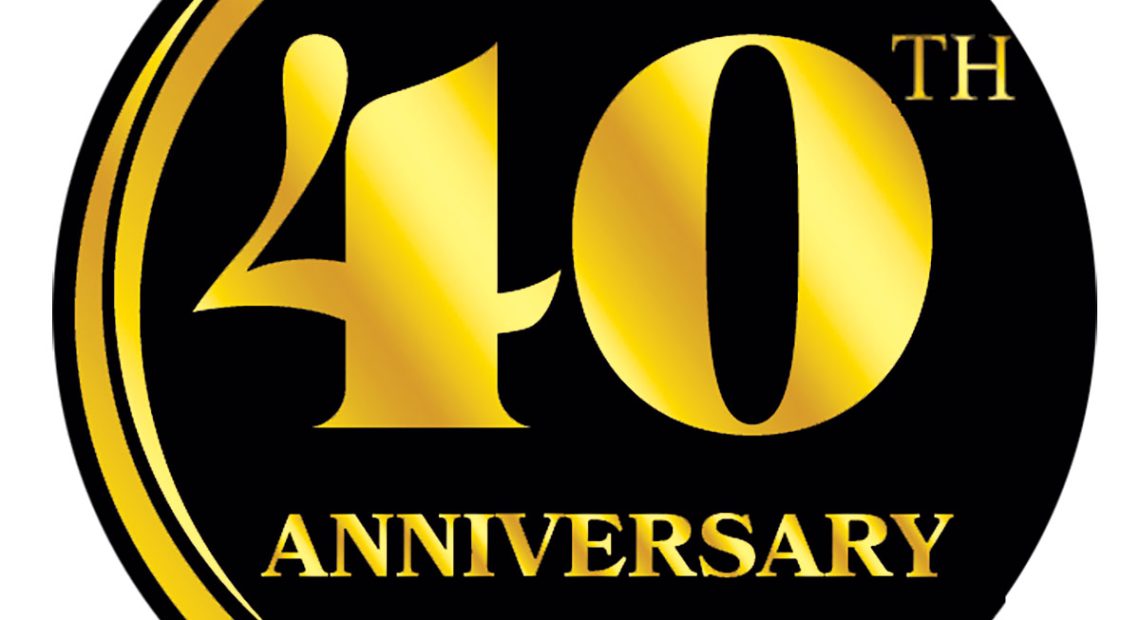
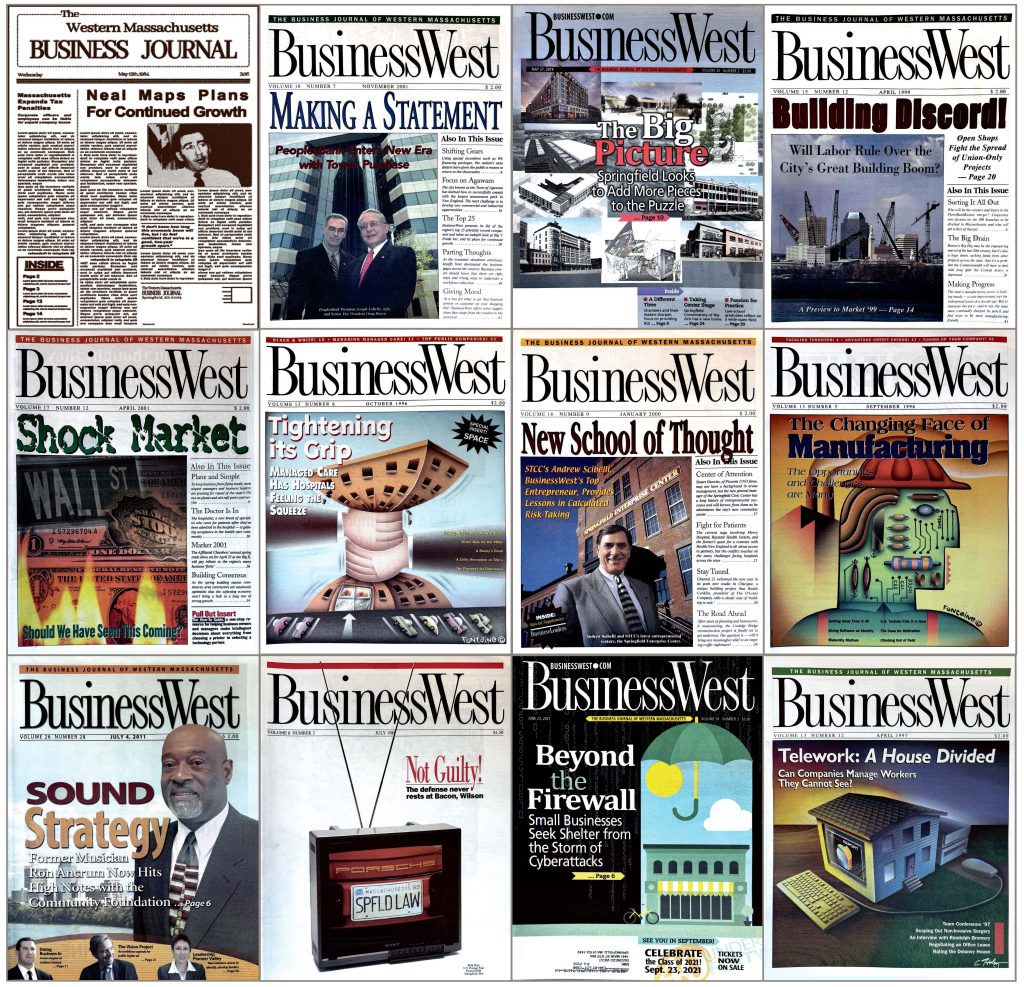
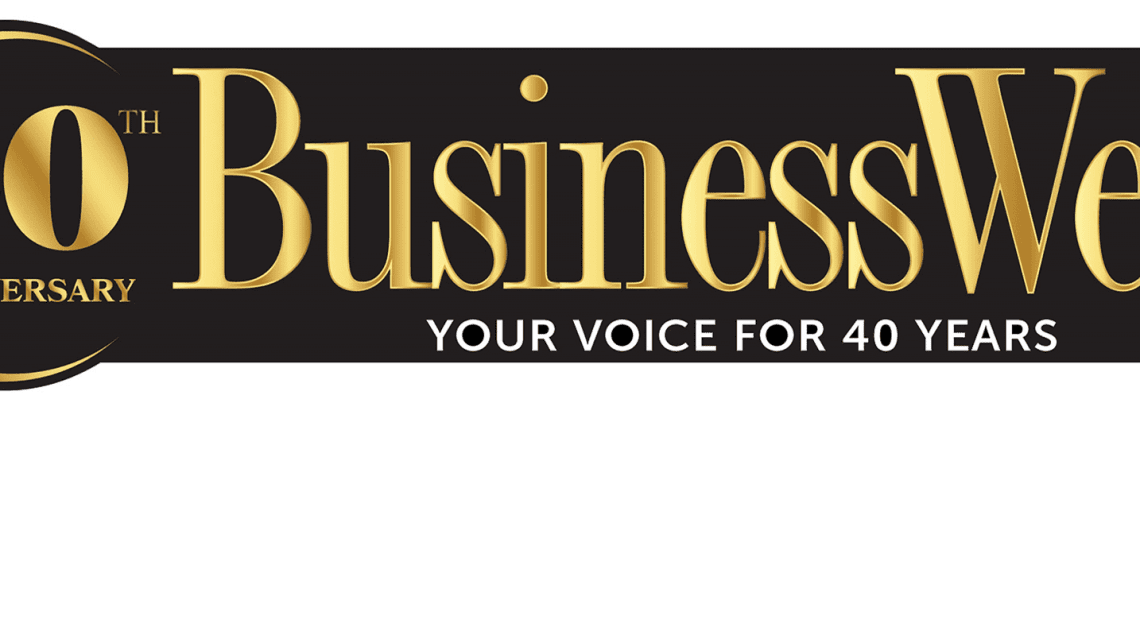
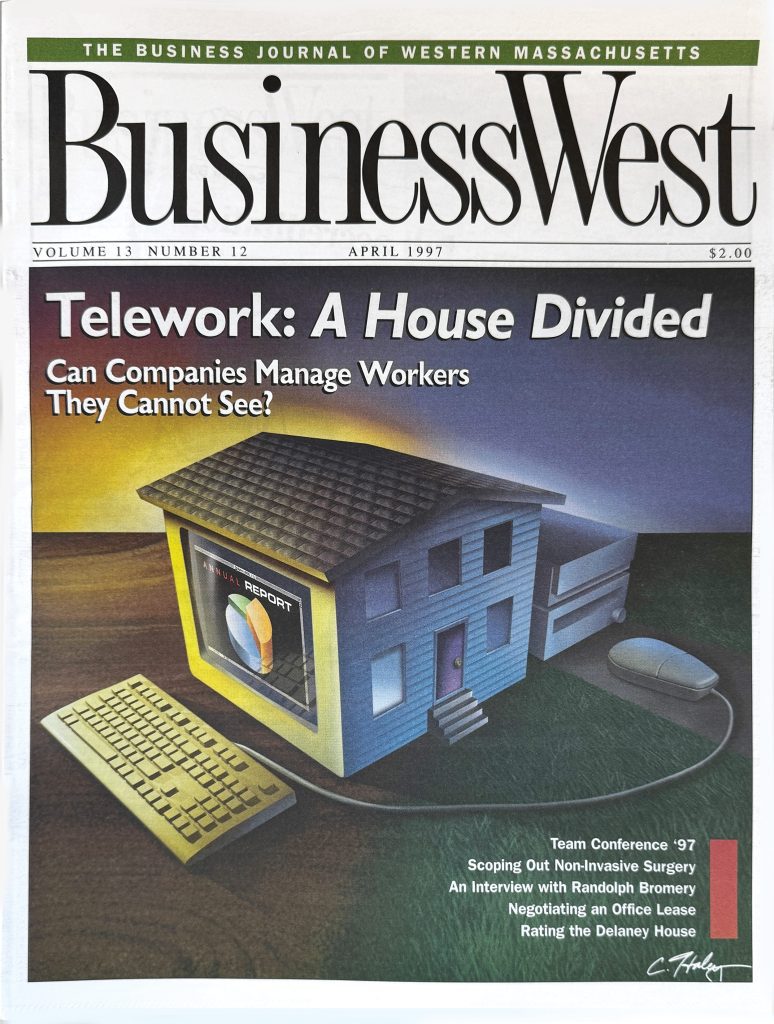 Allison Ebner recalls that, when she first entered the workplace just over 30 years ago, the overriding question still concerned what the employee could do for the employer.
Allison Ebner recalls that, when she first entered the workplace just over 30 years ago, the overriding question still concerned what the employee could do for the employer.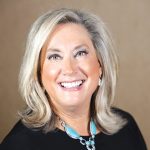


 On Jan. 22, 1984, a good deal of the U.S. watched — for the only time, because it never aired again — a commercial that was, in many ways, more interesting than the beatdown the Los Angeles Raiders were putting on the Washington Redskins in Super Bowl XVIII.
On Jan. 22, 1984, a good deal of the U.S. watched — for the only time, because it never aired again — a commercial that was, in many ways, more interesting than the beatdown the Los Angeles Raiders were putting on the Washington Redskins in Super Bowl XVIII.
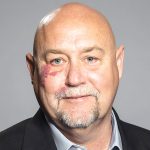

 When Rudy D’Agostino entered the accounting profession back in 1985, there was what they called the ‘Big 8.’
When Rudy D’Agostino entered the accounting profession back in 1985, there was what they called the ‘Big 8.’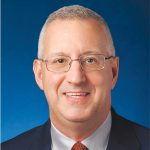



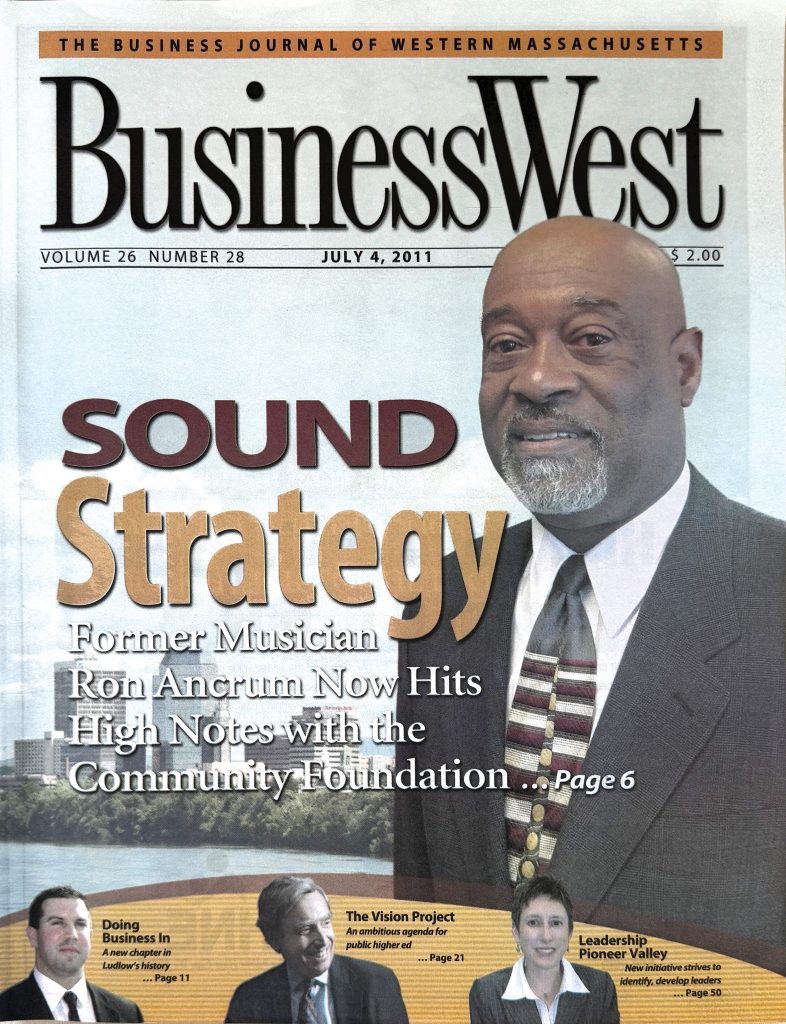 The Community Foundation of Western Massachusetts has been funding the work of charities and nonprofits across the region since 1991. And its overriding mission hasn’t changed.
The Community Foundation of Western Massachusetts has been funding the work of charities and nonprofits across the region since 1991. And its overriding mission hasn’t changed.

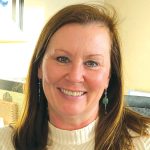
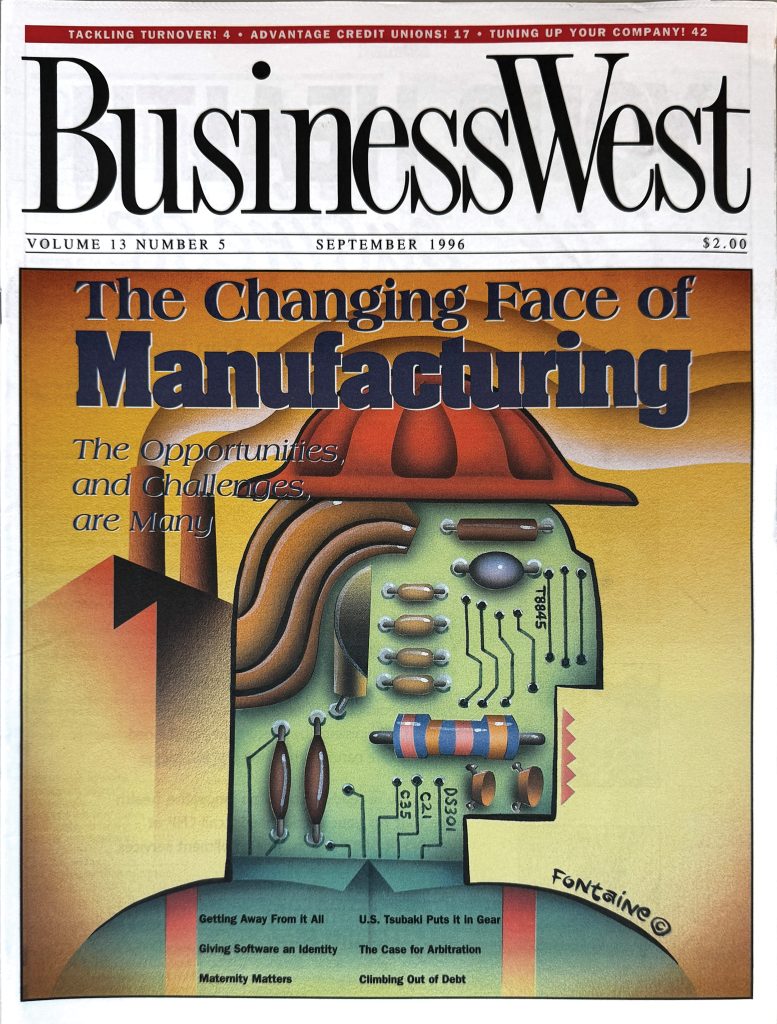 Rick Sullivan calls manufacturing the “invisible backbone” of the Western Mass. economy.
Rick Sullivan calls manufacturing the “invisible backbone” of the Western Mass. economy.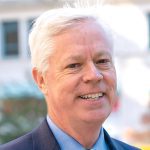
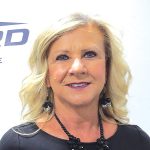
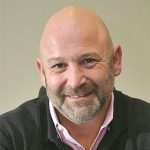
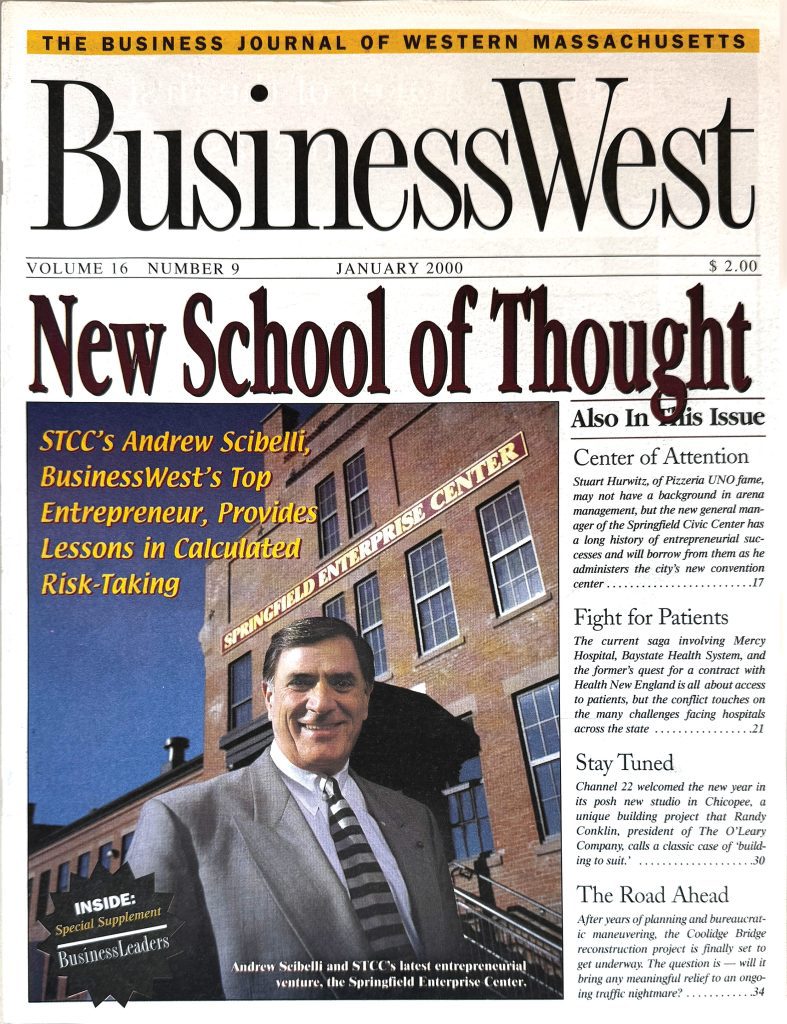 At the recent ceremony that officially installed him as chancellor of UMass Amherst, Javier Reyes noted that attitudes about higher education are changing, while rapid advancements in technology, with artificial intelligence at the center, are forcing colleges and universities to find new ways to meet their obligations.
At the recent ceremony that officially installed him as chancellor of UMass Amherst, Javier Reyes noted that attitudes about higher education are changing, while rapid advancements in technology, with artificial intelligence at the center, are forcing colleges and universities to find new ways to meet their obligations.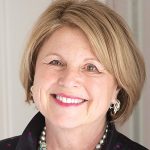

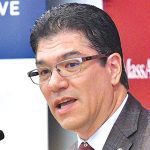

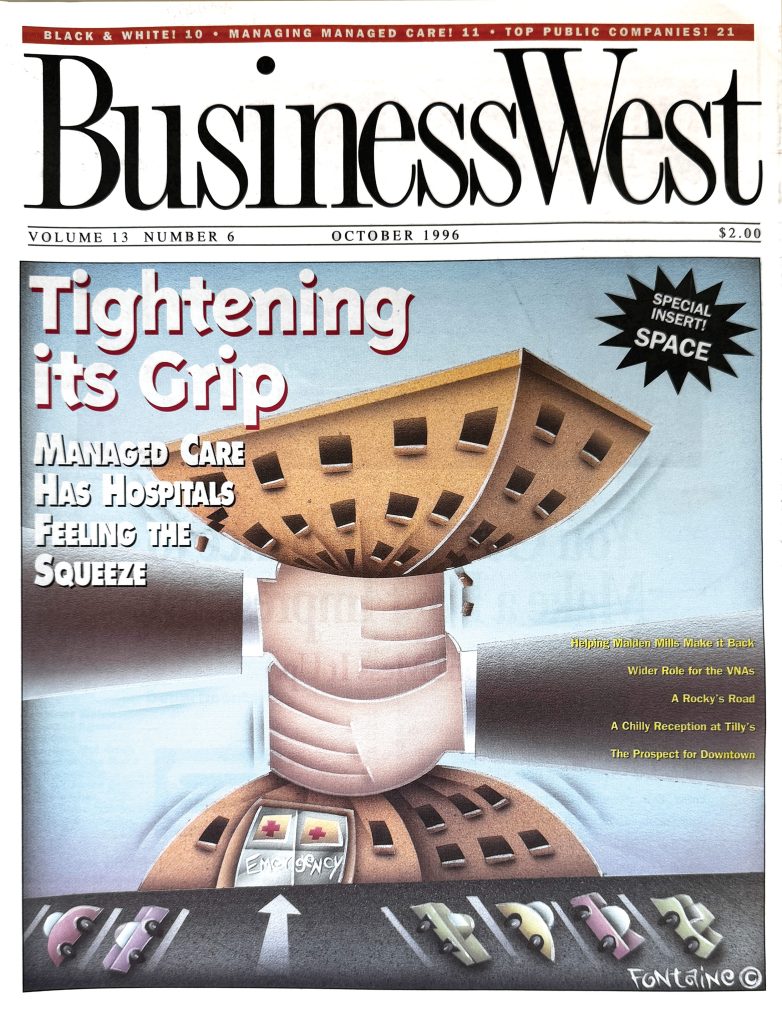 Twenty years ago, in the issue commemorating BusinessWest’s 20th anniversary, area hospital leaders talked about what had changed the most over two decades, and they all mentioned the same thing: a shortening of hospital stays, with procedures that once required a several-night stayover now requiring only one — or none at all.
Twenty years ago, in the issue commemorating BusinessWest’s 20th anniversary, area hospital leaders talked about what had changed the most over two decades, and they all mentioned the same thing: a shortening of hospital stays, with procedures that once required a several-night stayover now requiring only one — or none at all.
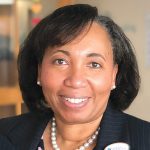
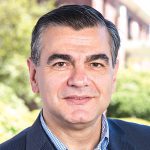
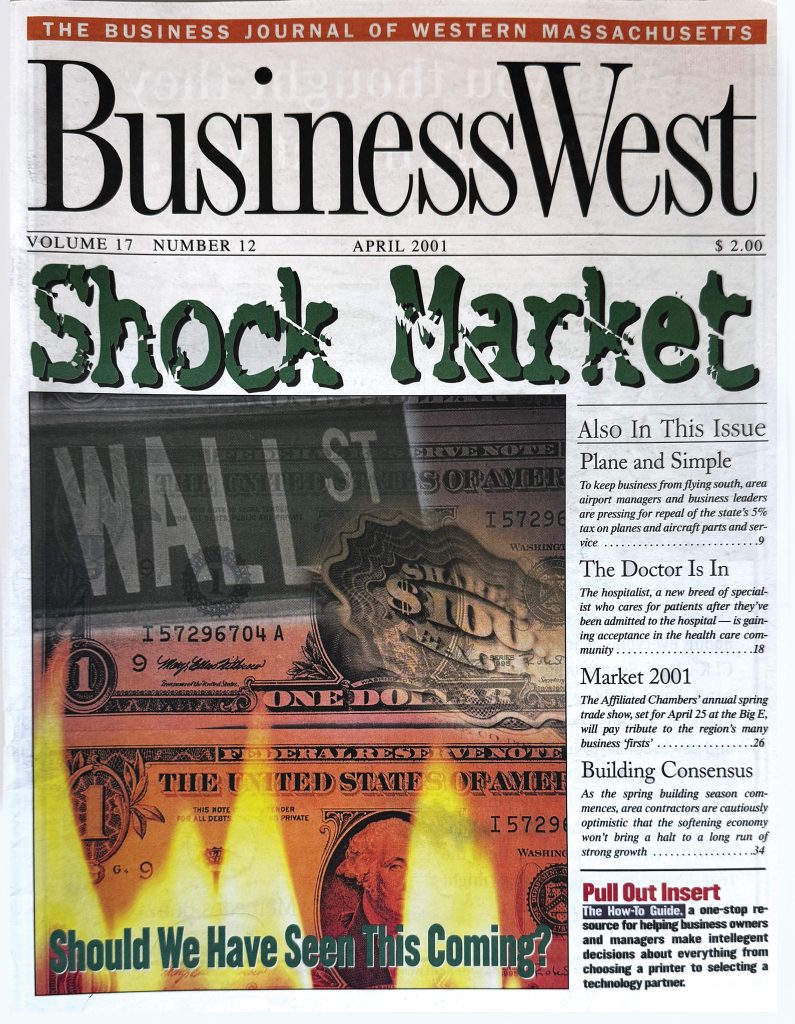 When she first started working for Merrill Lynch in 1985, Pat Grenier had a desk, a phone, a phone book, and a street directory. And there was a lot of cold calling.
When she first started working for Merrill Lynch in 1985, Pat Grenier had a desk, a phone, a phone book, and a street directory. And there was a lot of cold calling.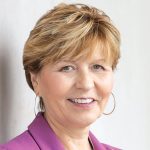
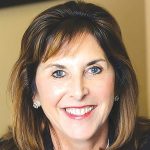
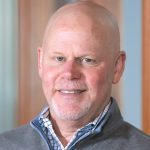

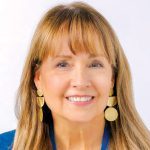
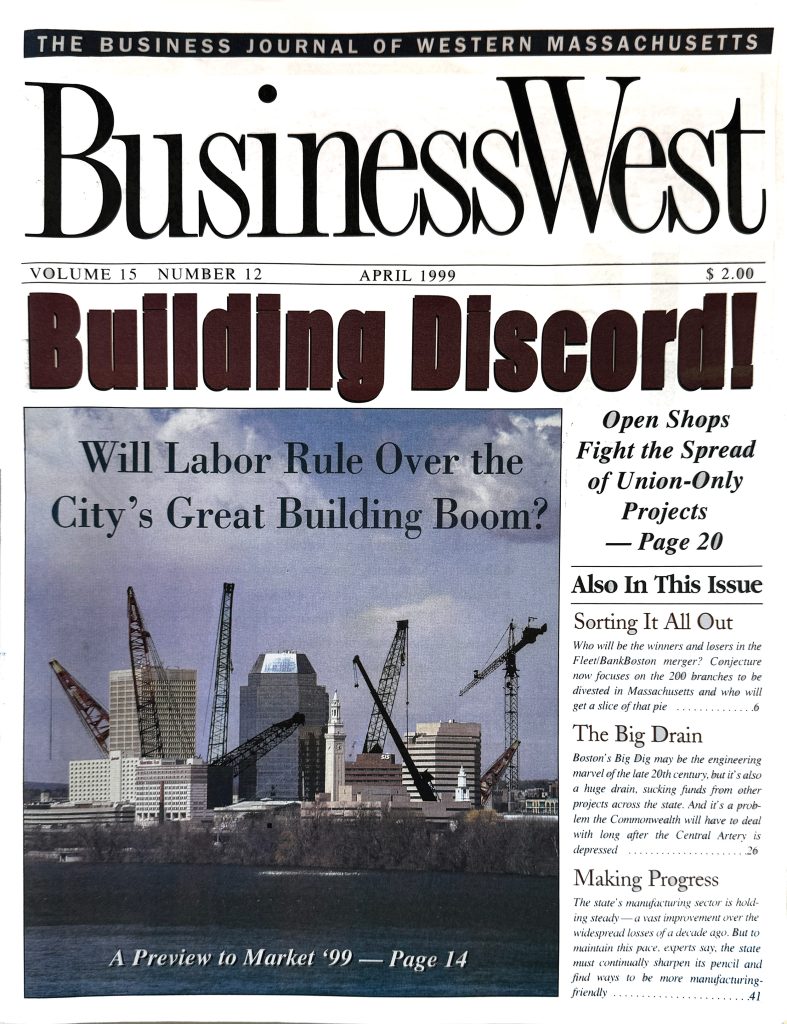 When you’ve been building things for as long as Daniel O’Connell’s Sons (DOC) has, well … sometimes you enjoy the sequel.
When you’ve been building things for as long as Daniel O’Connell’s Sons (DOC) has, well … sometimes you enjoy the sequel.

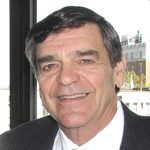
 When Jack Dill, president of Colebrook Realty Services, arrived in downtown Springfield in the mid-’70s, it was a different world and a much different city.
When Jack Dill, president of Colebrook Realty Services, arrived in downtown Springfield in the mid-’70s, it was a different world and a much different city.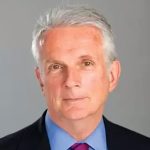

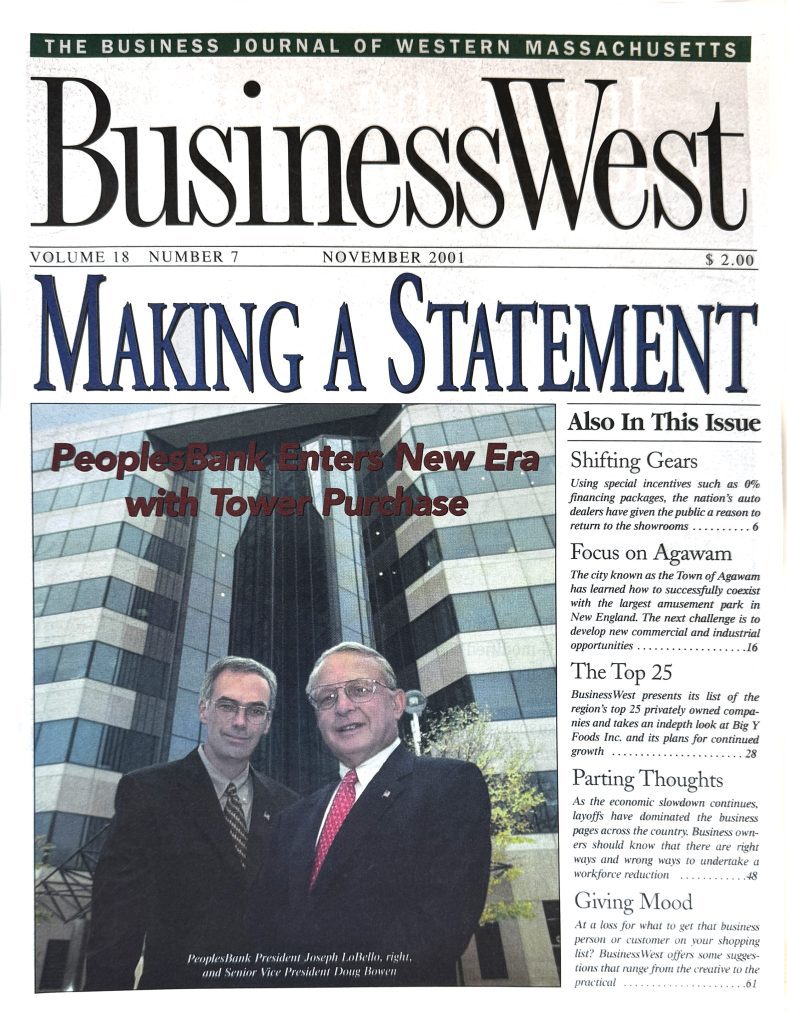 Tom Senecal used some hard numbers to detail what is perhaps the biggest change in the banking industry over the past four decades.
Tom Senecal used some hard numbers to detail what is perhaps the biggest change in the banking industry over the past four decades.

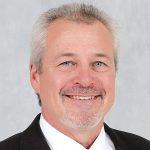
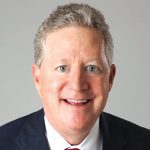

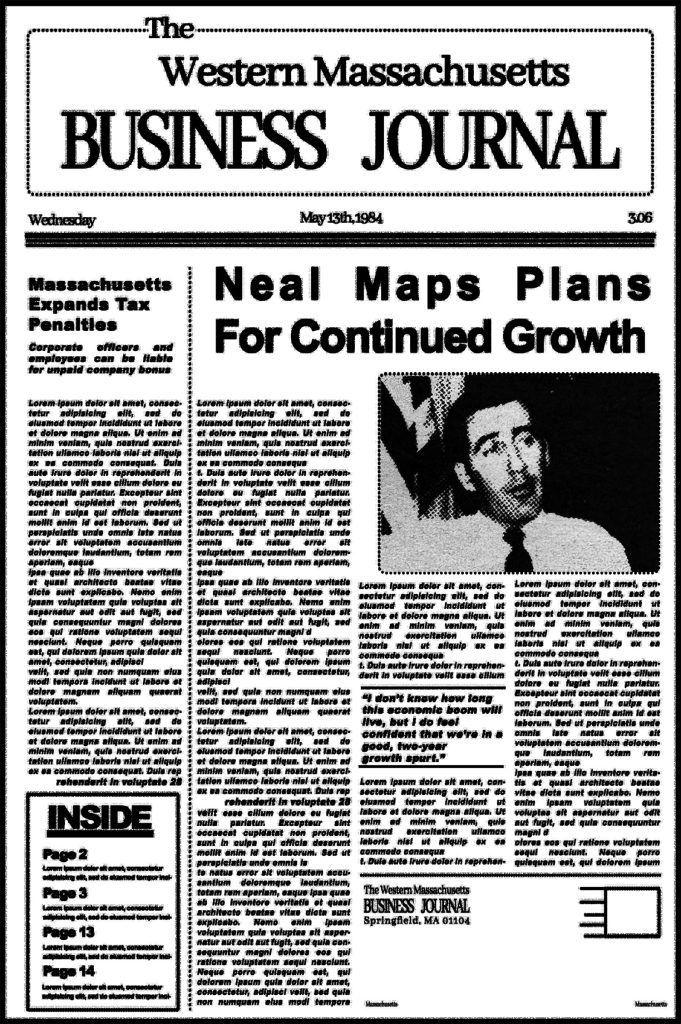 The Western Mass. region has a strong tradition of entrepreneurship that goes back more than three centuries.
The Western Mass. region has a strong tradition of entrepreneurship that goes back more than three centuries.

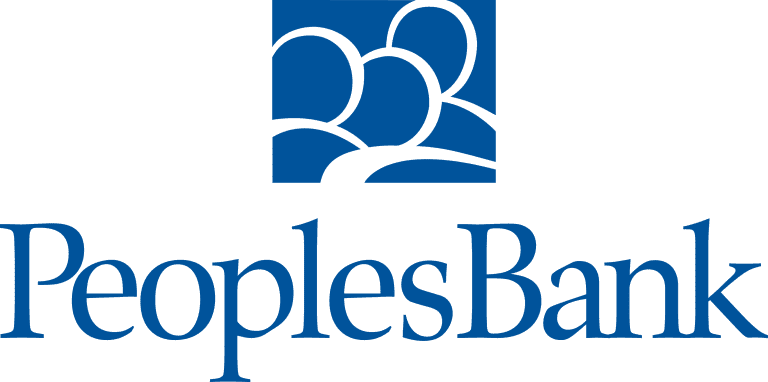

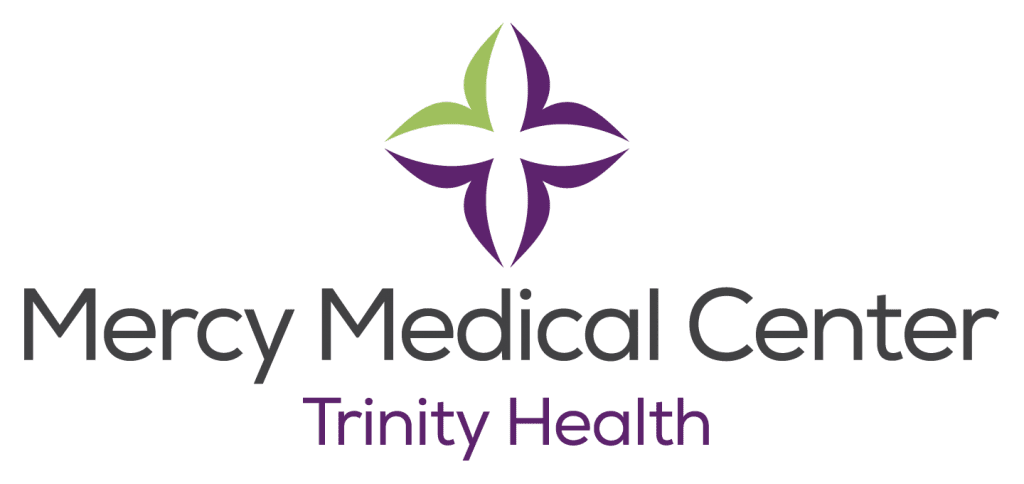


 Ryan Barry is a partner at Bulkley Richardson in Springfield, where he focuses on representing colleges and universities, healthcare organizations, nonprofits, and small businesses. Barry’s volunteer work includes serving on the board of directors of the Center for Human Development. He was named to the 40 Under Forty class of 2020.
Ryan Barry is a partner at Bulkley Richardson in Springfield, where he focuses on representing colleges and universities, healthcare organizations, nonprofits, and small businesses. Barry’s volunteer work includes serving on the board of directors of the Center for Human Development. He was named to the 40 Under Forty class of 2020.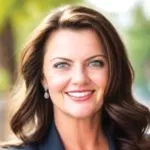 Chrissy Kiddy, vice president of Corporate Responsibility and Social Media Management at PeoplesBank, is dedicated to fostering positive change, championing inclusion, and celebrating community spirit. She serves on the board of the Care Center of Holyoke and Revitalize Community Development Corporation, while also acting as an ambassador for the Bushnell Theater.
Chrissy Kiddy, vice president of Corporate Responsibility and Social Media Management at PeoplesBank, is dedicated to fostering positive change, championing inclusion, and celebrating community spirit. She serves on the board of the Care Center of Holyoke and Revitalize Community Development Corporation, while also acting as an ambassador for the Bushnell Theater. Andrew Melendez, as founder and director of the Latino Economic Development Corp., has played an instrumental role over the past year in assisting more 300 businesses. A 40 Under Forty honoree in 2015, he also previously served as the Western Massachusetts director for Associated Industries of Massachusetts and executive director of YMCA of Agawam.
Andrew Melendez, as founder and director of the Latino Economic Development Corp., has played an instrumental role over the past year in assisting more 300 businesses. A 40 Under Forty honoree in 2015, he also previously served as the Western Massachusetts director for Associated Industries of Massachusetts and executive director of YMCA of Agawam.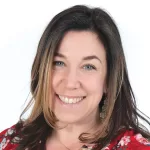 Hannah Rechtschaffen, director of the Greenfield Business Assoc., has an extensive background in business development and creative placemaking, including four years as director of Placemaking for W.D. Cowls, growing the Mill District project in North Amherst. A member of the 40 Under Forty class of 2022, she also chairs the Sustainable Greenfield Implementation Committee.
Hannah Rechtschaffen, director of the Greenfield Business Assoc., has an extensive background in business development and creative placemaking, including four years as director of Placemaking for W.D. Cowls, growing the Mill District project in North Amherst. A member of the 40 Under Forty class of 2022, she also chairs the Sustainable Greenfield Implementation Committee.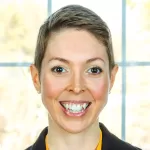 Erica Swallow is the co-founder and team co-lead of the Turnberg & Swallow Team at Coldwell Banker Realty, Western Massachusetts. Her real-estate team has helped more than 1,000 clients, with sales production totaling more than $300 million over 43 collective years. Also an award-winning children’s book author, Swallow was the highest-scoring honoree in the 40 Under Forty class of 2023.
Erica Swallow is the co-founder and team co-lead of the Turnberg & Swallow Team at Coldwell Banker Realty, Western Massachusetts. Her real-estate team has helped more than 1,000 clients, with sales production totaling more than $300 million over 43 collective years. Also an award-winning children’s book author, Swallow was the highest-scoring honoree in the 40 Under Forty class of 2023.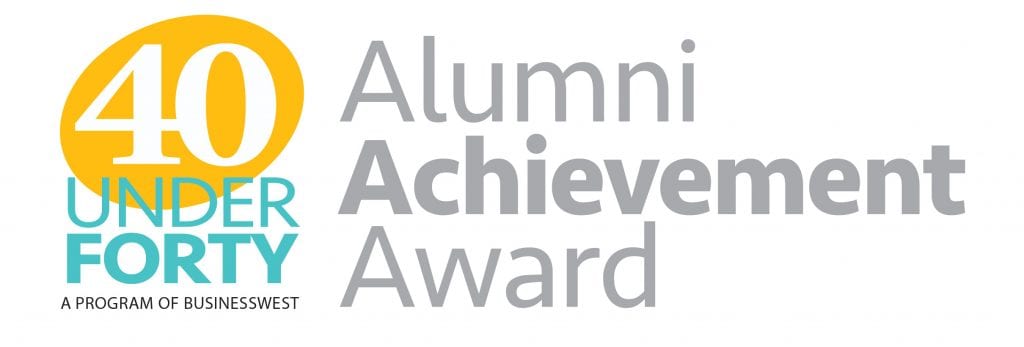

 For a decade, Jen Walts was a high-school teacher. And she’s still an educator today — in a much different way.
For a decade, Jen Walts was a high-school teacher. And she’s still an educator today — in a much different way.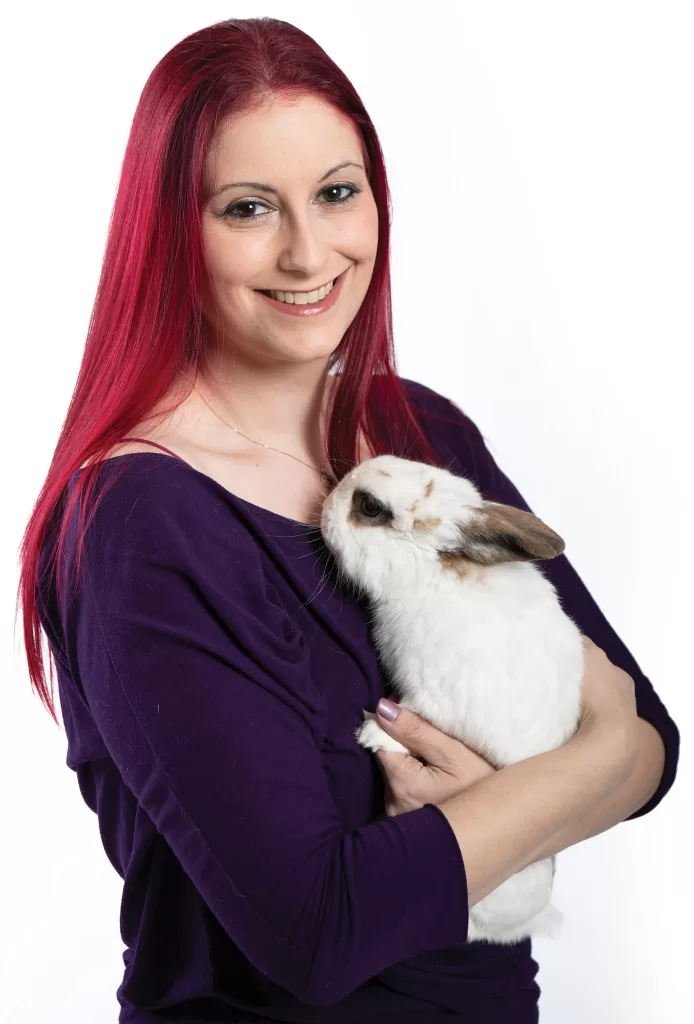 Four years ago, Jordana Starr found a rabbit. Then she decided to find some more.
Four years ago, Jordana Starr found a rabbit. Then she decided to find some more.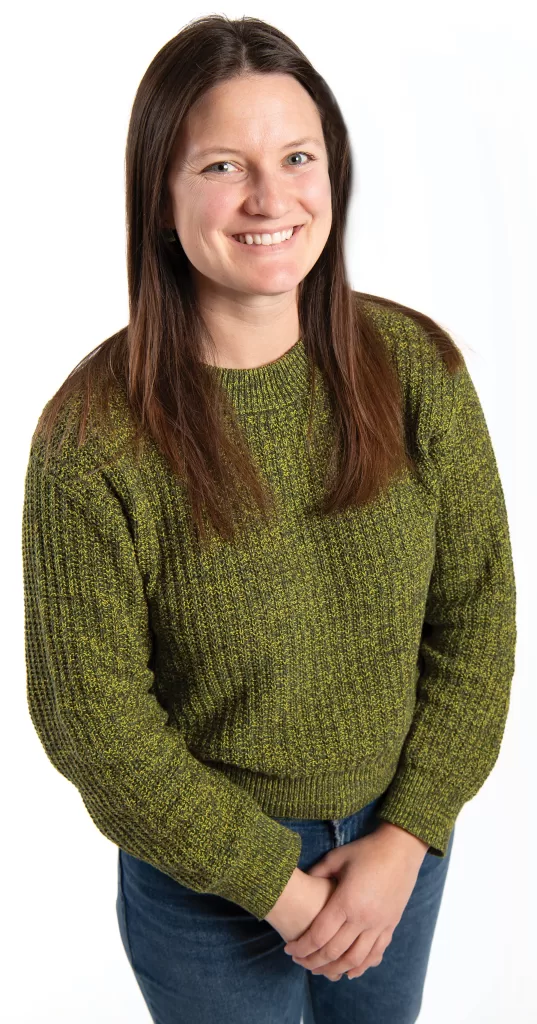 Stephanie Slysz has long been interested in politics. In college and early in her career, she interned in the Massachusetts governor’s office and the U.S. State Department, worked at a U.S. embassy, and volunteered on a mayoral campaign.
Stephanie Slysz has long been interested in politics. In college and early in her career, she interned in the Massachusetts governor’s office and the U.S. State Department, worked at a U.S. embassy, and volunteered on a mayoral campaign.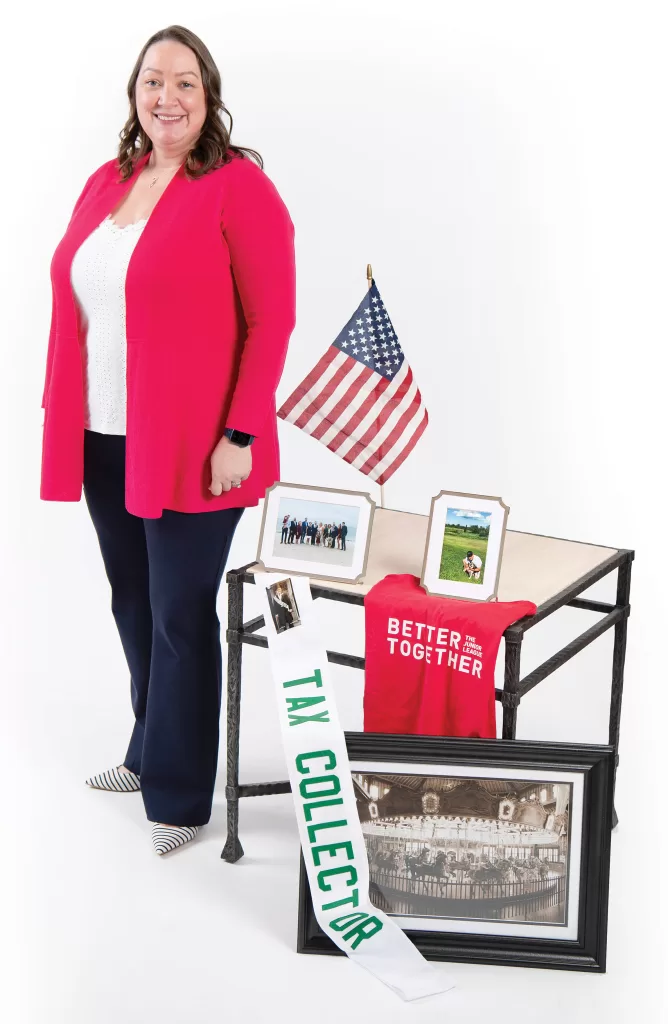 Laura Shaw acknowledged that few people, if any, would list ‘tax collector’ as a career objective.
Laura Shaw acknowledged that few people, if any, would list ‘tax collector’ as a career objective. While acknowledging that it sounds somewhat cliché, Kayla Sheridan said the broad scope of her work with TommyCar Auto Group constitutes not a job, but a passion.
While acknowledging that it sounds somewhat cliché, Kayla Sheridan said the broad scope of her work with TommyCar Auto Group constitutes not a job, but a passion. Media Sehatzadeh has worked on four continents and several different countries, from Norway to Malawi. She’s thrived in all those settings, she said, because she speaks a common language she encounters everywhere: engineering.
Media Sehatzadeh has worked on four continents and several different countries, from Norway to Malawi. She’s thrived in all those settings, she said, because she speaks a common language she encounters everywhere: engineering.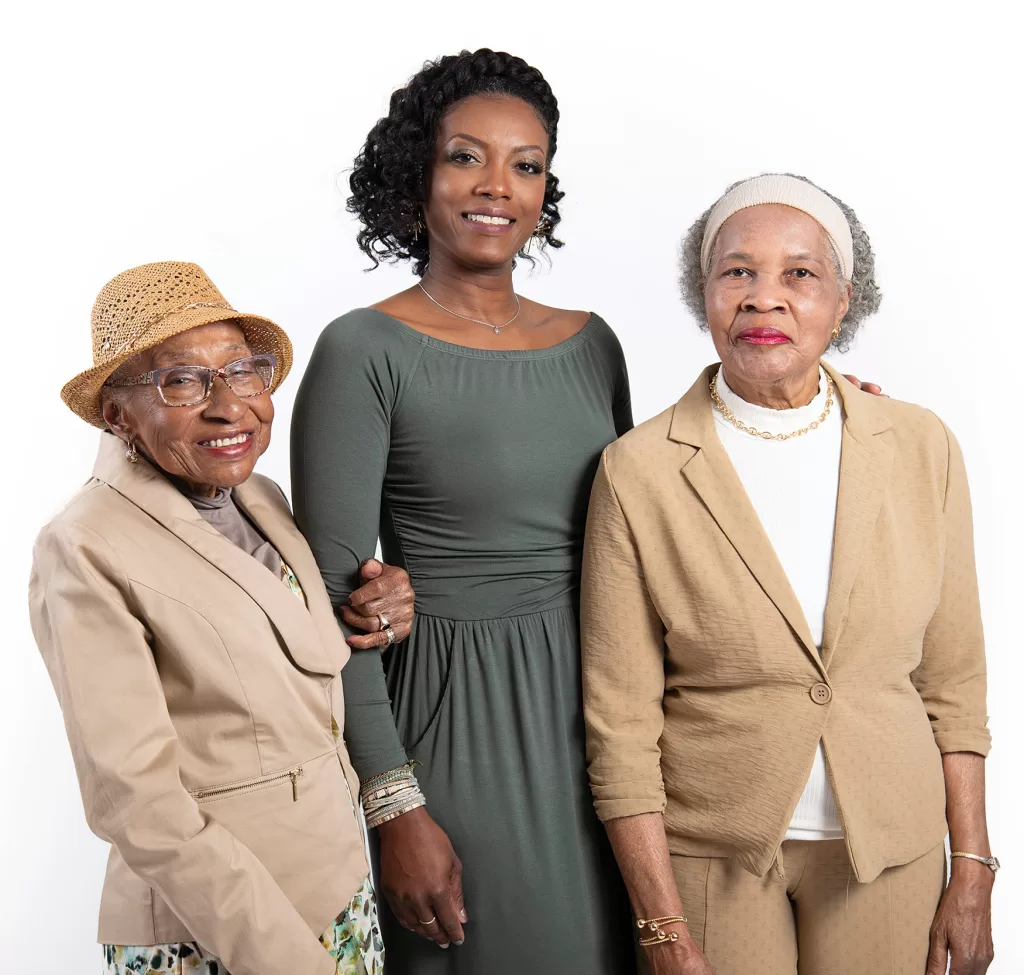 It’s called “I Am More Than My Mood.”
It’s called “I Am More Than My Mood.” Mischa Roy has long been connected with the arts in Western Mass.; two decades ago, at age 18, she was one of the youngest exhibitors at the Paradise City Arts Festival, among other high-profile events. She eventually opened retail spaces for her handmade wares and, in 2014, launched a wholesale brand called Spill the Tea Sis, selling to more than 6,000 stores across the country.
Mischa Roy has long been connected with the arts in Western Mass.; two decades ago, at age 18, she was one of the youngest exhibitors at the Paradise City Arts Festival, among other high-profile events. She eventually opened retail spaces for her handmade wares and, in 2014, launched a wholesale brand called Spill the Tea Sis, selling to more than 6,000 stores across the country.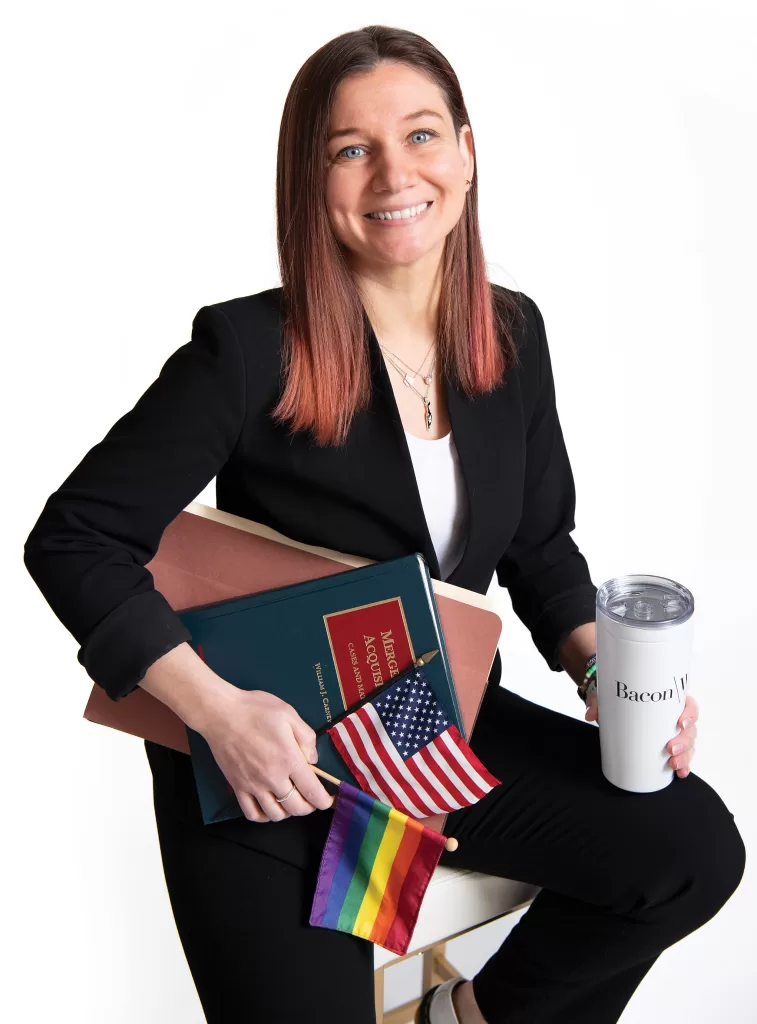 Jennifer Sharrow can’t remember the name of the book she read back in middle school. But she does recall it was about a judge, that it made a deep impact on her, and that it inspired her to want to be a judge herself.
Jennifer Sharrow can’t remember the name of the book she read back in middle school. But she does recall it was about a judge, that it made a deep impact on her, and that it inspired her to want to be a judge herself. Jenna Rahkonen said she developed a unique set of skills during her career in manufacturing and construction — and used them to launch a business last year.
Jenna Rahkonen said she developed a unique set of skills during her career in manufacturing and construction — and used them to launch a business last year. Shavon Prophet is a big believer in employee ownership of businesses.
Shavon Prophet is a big believer in employee ownership of businesses.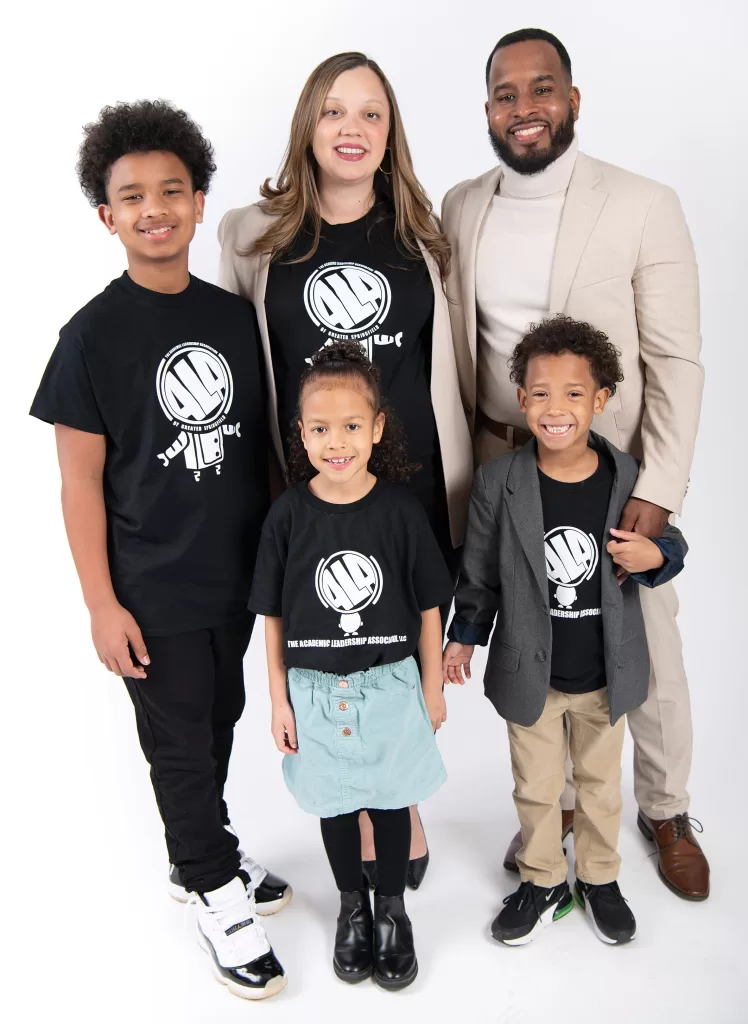 It’s difficult enough to start a new business or nonprofit at any time and under any circumstances. But to do so at the height of a pandemic … well, that’s another story.
It’s difficult enough to start a new business or nonprofit at any time and under any circumstances. But to do so at the height of a pandemic … well, that’s another story. Yhidda Ocasio knows struggle. So she knows how to connect with those who are struggling.
Yhidda Ocasio knows struggle. So she knows how to connect with those who are struggling.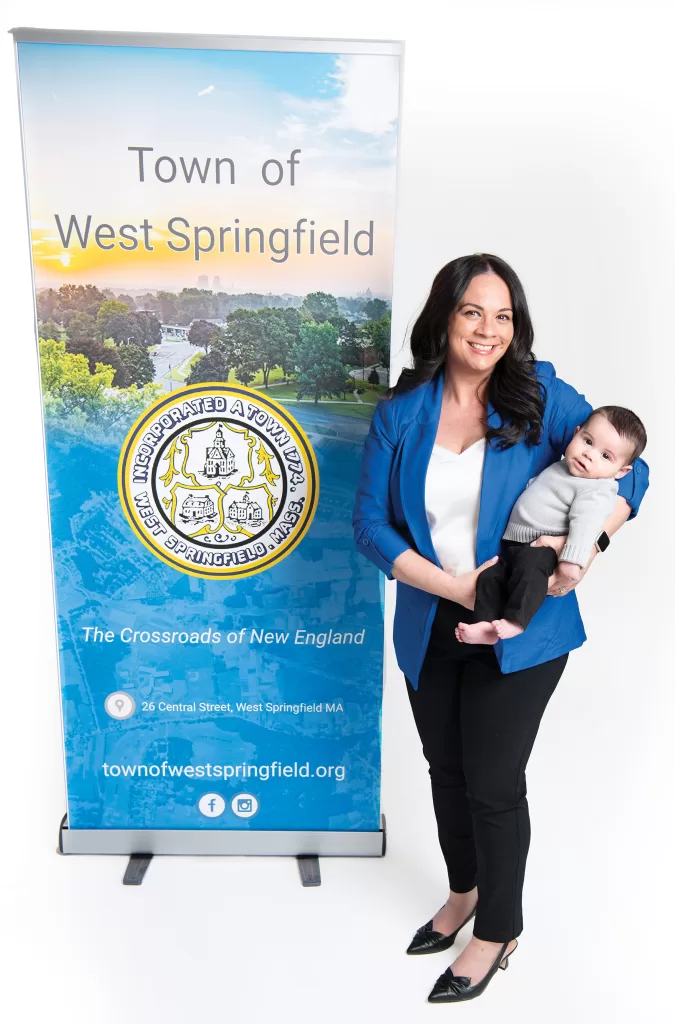 Kate O’Brien Scott says she got into the legal profession “on a whim.”
Kate O’Brien Scott says she got into the legal profession “on a whim.” Paulette Piñero remembers the hours before she slipped into a coma.
Paulette Piñero remembers the hours before she slipped into a coma. Payton North didn’t remember aspiring to being a reporter and editor when she was growing up. But her mother found proof that this was, indeed, a long-standing career goal.
Payton North didn’t remember aspiring to being a reporter and editor when she was growing up. But her mother found proof that this was, indeed, a long-standing career goal. Ally Montemagni sees herself as both a storyteller and an educator — and believes both roles are critical.
Ally Montemagni sees herself as both a storyteller and an educator — and believes both roles are critical.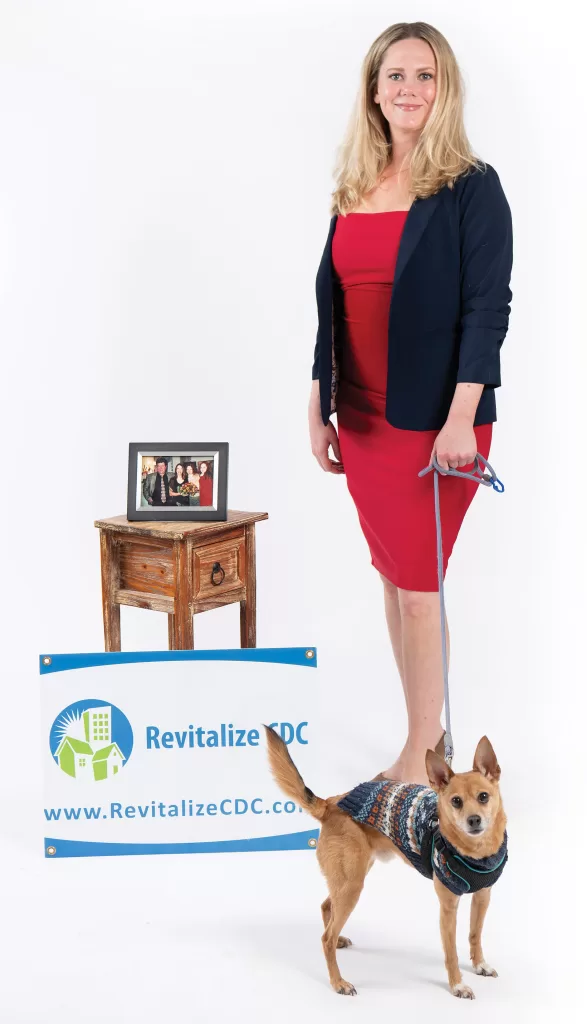 Chelsea McGrath knows what kind of impact home improvement can make.
Chelsea McGrath knows what kind of impact home improvement can make. Natalie Mercado always knew she wanted to work in the food space. After high school, she enrolled in New England Culinary Institute and earned an associate’s degree in culinary arts and restaurant management, then slowly rose up the ladder, eventually becoming a sous chef.
Natalie Mercado always knew she wanted to work in the food space. After high school, she enrolled in New England Culinary Institute and earned an associate’s degree in culinary arts and restaurant management, then slowly rose up the ladder, eventually becoming a sous chef. Jennifer McGrath is fond of saying there are … well, two sides to Jennifer McGrath.
Jennifer McGrath is fond of saying there are … well, two sides to Jennifer McGrath. When he was chosen as a member of the 40 Under Forty class of 2024, Tim McCarthy was hesitant to talk about himself, firmly believing this is a team honor. “This is such a remarkable team,” he said. “It’s truly the best team in the country doing this work.”
When he was chosen as a member of the 40 Under Forty class of 2024, Tim McCarthy was hesitant to talk about himself, firmly believing this is a team honor. “This is such a remarkable team,” he said. “It’s truly the best team in the country doing this work.”

